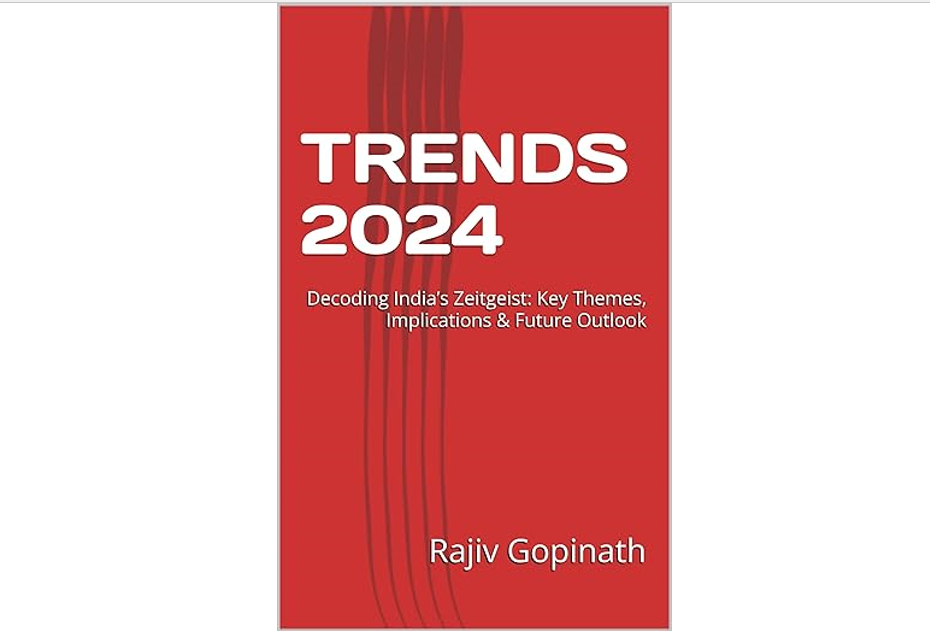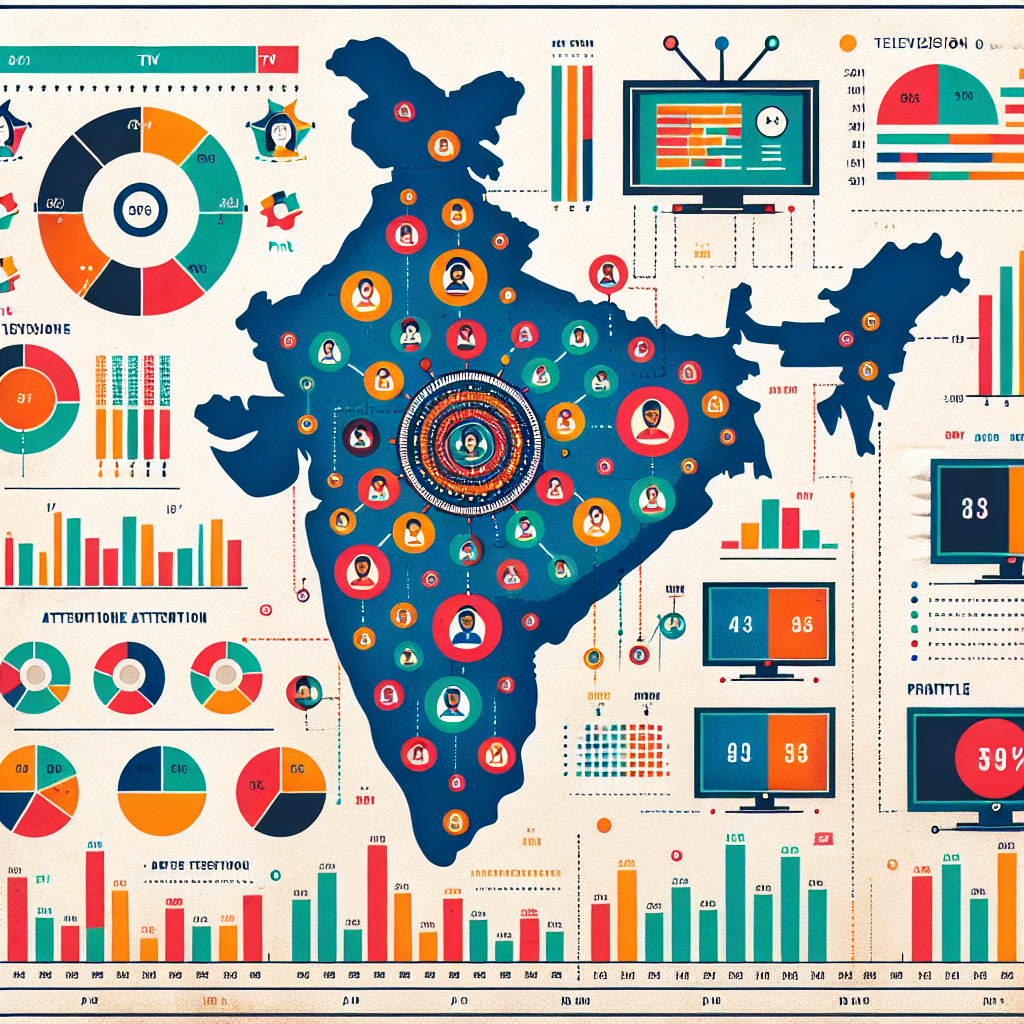The Impact of India's Digital Personal Data Protection Act on Advertising
It was during a conference in Mumbai last year when the gravity of India's new privacy regulations truly hit Jesse. As a panel of marketing executives debated targeting strategies, a data protection lawyer interrupted: "Everything you're discussing will fundamentally change under the DPDP Act." The room fell silent. With over 700 million internet users and a digital advertising market growing at 30% annually, India's new privacy framework wasn't just another compliance hurdle—it represented a seismic shift for global marketers. That moment sparked Jesse's fascination with how this legislation would reshape advertising in the world's largest democracy and beyond.
Introduction: India's Privacy Revolution
India's Digital Personal Data Protection (DPDP) Act, enacted in August 2023, marks a watershed moment in the nation's approach to data privacy. As the world's largest democracy and second-largest online market, India's regulatory stance has far-reaching implications for global advertising ecosystems. The Act introduces comprehensive consent requirements, purpose limitations, and data minimization principles that fundamentally alter how marketers can collect, process, and leverage consumer data.
Unlike the sectoral approach of previous regulations, the DPDP Act establishes an overarching framework that aligns with global standards while addressing India's unique digital landscape. As Rahul Matthan, technology policy expert and author of "Privacy 3.0," notes, "India's approach balances individual rights with the reality of a digital economy where data flows are essential to innovation and growth."
For advertisers, this legislation arrives amid a perfect storm of privacy catalysts: cookie deprecation, heightened consumer awareness, and the proliferation of AI-driven marketing tools that demand unprecedented data access. Understanding this new regulatory terrain isn't merely about compliance—it's about reimagining advertising strategies for India's privacy-conscious future.
1. Consent Reengineered: Beyond Checkboxes to Meaningful Choice
The DPDP Act transforms consent from a procedural formality to a substantive right. Under the new framework, consent must be free, specific, informed, unconditional, and capable of being withdrawn—a standard that renders many current advertising data practices obsolete.
This shift demands a fundamental redesign of consumer touchpoints. Leading Indian e-commerce platform Flipkart has pioneered a layered consent model that allows consumers to selectively authorize data usage across marketing channels, resulting in a 22% increase in opt-in rates compared to all-or-nothing approaches.
The legislation's explicit prohibition against "dark patterns" (deceptive interface designs that manipulate user choices) further elevates the consent standard. Research from the Centre for Internet and Society indicates that 68% of Indian websites currently employ some form of dark pattern to secure user data—practices now explicitly prohibited.
For global marketers, the implications extend beyond compliance. As Professor Bharat Anand of Harvard Business School observes, "Meaningful consent frameworks don't just satisfy regulators; they build the trust foundation essential for sustainable customer relationships."
2. Purpose Limitation and the End of Data Maximalism
The DPDP Act mandates that personal data be collected only for purposes that are lawful, specific, and clearly communicated to users. This principle of purpose limitation strikes at the heart of prevailing "collect now, figure out uses later" approaches.
HDFC Bank's response illustrates strategic adaptation: The bank restructured its data architecture around purpose-specific data vaults, enabling targeted marketing while maintaining regulatory compliance. This approach reduced their data storage costs by 31% while improving campaign performance through higher-quality, purpose-aligned data.
The legislation also introduces strict data retention limits, requiring the deletion of personal information once its stated purpose is fulfilled. This effectively ends the era of indefinite data hoarding that has characterized digital marketing for decades.
McKinsey research indicates that purpose-limited data strategies actually improve marketing outcomes, with companies reporting 1.5x higher ROI on campaigns built with explicitly purposed data compared to those leveraging broad-based data repositories.
3. Reimagining Targeting in a Data-Minimized Ecosystem
The DPDP Act's data minimization requirements compel advertisers to achieve marketing objectives with the least amount of personal data possible—a principle that challenges conventional targeting approaches.
Hindustan Unilever Limited (HUL) demonstrates an innovative response through its "cohort-based personalization" model, which enables targeted messaging without processing individual-level data. By shifting from individual profiling to contextual and cohort-based approaches, HUL maintained 92% of campaign effectiveness while reducing personal data usage by 74%.
The Act's prohibitions against automated decision-making without human oversight further limits algorithmic targeting practices. Advertisers must now ensure that AI-driven audience segmentation maintains human judgment in the decision chain.
As Sridhar Ramaswamy, former SVP of Ads at Google and current CEO of Neeva, notes: "Effective targeting was never about having the most data, but having the right data. Privacy regulations simply accelerate the necessary shift from quantity to quality."
4. Cross-Border Data Flows and Global Campaign Management
The DPDP Act introduces significant restrictions on cross-border data transfers, permitting them only to specific approved countries and under prescribed conditions. This profoundly impacts global brands that centralize marketing data across regions.
Mastercard's response provides a strategic template: The company established a dedicated data localization infrastructure in India, processing all transaction and behavioral data within national boundaries while maintaining global campaign coordination through anonymized insights rather than raw data transfers.
The legislation creates particular challenges for programmatic advertising, where real-time bidding often involves instantaneous cross-border data exchanges. Industry consortiums like the Interactive Advertising Bureau (IAB) are developing "privacy-preserving programmatic protocols" that enable targeted ad delivery without exposing personal data across jurisdictions.
As WPP CEO Mark Read observed at a recent industry forum: "Geography is becoming as important as technology in modern marketing data strategy."
5. Accountability Mechanisms and the New Marketing Organization
The DPDP Act transforms organizational accountability through its requirements for Data Protection Officers, mandatory breach notifications, and significant financial penalties for non-compliance (up to 250 million rupees or 4% of global turnover).
These provisions are catalyzing organizational restructuring across the marketing ecosystem. Airtel, India's second-largest telecom provider, has established a cross-functional "Data Governance Council" that integrates marketing, legal, IT, and ethics perspectives into data-driven campaign decisions, ensuring compliance while maintaining marketing agility.
Research from EY indicates that companies with formal privacy governance structures achieve 15% higher marketing efficiency through reduced data waste, streamlined compliance processes, and enhanced consumer trust.
Conclusion: From Constraint to Competitive Advantage
India's DPDP Act represents more than regulatory compliance—it signals a fundamental shift in the relationship between brands and consumer data. Forward-thinking marketers are recognizing that privacy constraints paradoxically create competitive advantages through enhanced trust, higher-quality data, and more sustainable customer relationships.
As Professor Jaideep Prabhu of Cambridge Judge Business School frames it: "India's privacy regulations are not ending data-driven marketing; they're ending lazy data-driven marketing. The companies that thrive will be those that see consent as an opportunity for engagement rather than a regulatory hurdle."
Call to Action
For marketing leaders navigating India's privacy revolution:
- Conduct a comprehensive DPDP readiness assessment focusing specifically on marketing data flows
- Invest in consent management platforms that transform compliance requirements into trust-building opportunities
- Develop expertise in privacy-preserving advertising techniques such as cohort-based targeting and on-device processing
- Redesign measurement frameworks to balance accountability with data minimization principles
- Foster cross-functional collaboration between marketing, legal, and technology teams to develop privacy-enhancing technologies
The future of advertising in India belongs to brands that don't merely comply with privacy regulations but embrace them as the foundation for more meaningful, respectful, and ultimately more effective customer relationships.
Featured Blogs

TRENDS 2024: Decoding India’s Zeitgeist: Key Themes, Implications & Future Outlook

How to better quantify attention in TV and Print in India

AI in media agencies: Transforming data into actionable insights for strategic growth

How the Attention Recession Is Changing Marketing

The New Luxury Why Consumers Now Value Scarcity Over Status

The Psychology Behind Buy Now Pay later

The Rise of Dark Social and Its Impact on Marketing Measurement

The Role of Dark Patterns in Digital Marketing and Ethical Concerns








